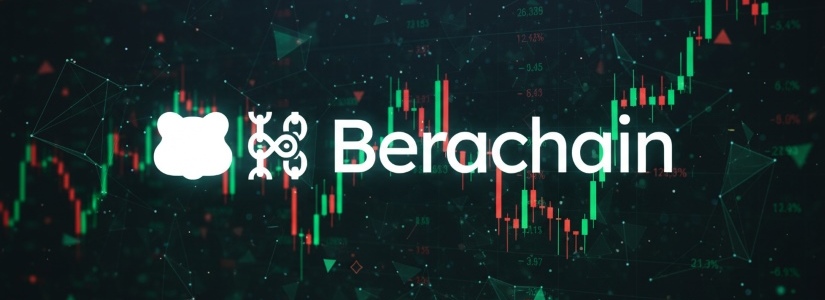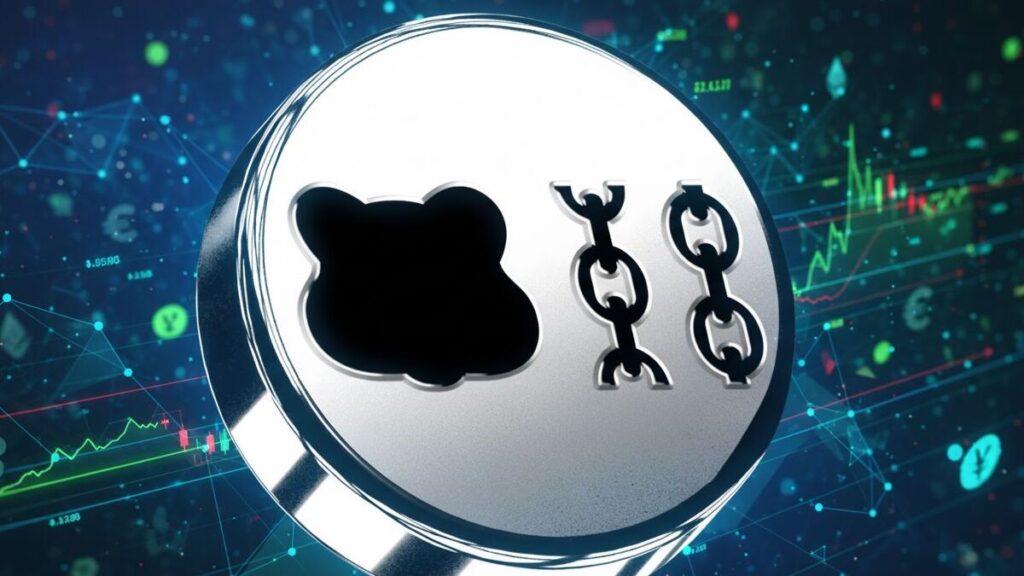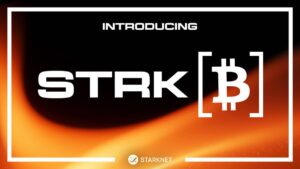TL;DR:
- Berachain proposes a 200ms preconfirmation layer to speed up blockchain transactions.
- Partial blocks provide near real-time feedback while preserving network finality.
- The initiative aims to improve DeFi and gaming user experience without compromising security.
The Berachain community has unveiled a bold governance proposal to reduce transaction times from two seconds to just 200 milliseconds for near-instant blockchain interactions, joining the race for real-time blockchain experiences. By implementing an optional preconfirmation layer, the project aims to make decentralized finance (DeFi) swaps, on-chain gaming, and other latency-sensitive applications feel nearly instantaneous. This step could reshape user expectations for speed and efficiency in blockchain ecosystems.
Preconfirmations Set to Revolutionize DeFi and Gaming
The proposal introduces a fast-lane mechanism using a lightweight sequencer, where transactions are temporarily validated via partial blocks, providing near real-time feedback before full settlement. Developers can now create environments where swaps, in-game actions, or payments feel immediate, enhancing user engagement and retention in both DeFi and gaming ecosystems.

Network security and stability are ensured through fallback to standard blocks, so if the sequencer fails, the network defaults to the two-second block cycle, preserving consensus integrity. These soft confirmations mirror experiments in Ethereum and other layer-2 solutions, combining faster interactions with the trust and security of full settlement.
The proposal emphasizes enhanced usability to attract mainstream users, as reduced perceived latency can draw traders and gamers accustomed to fast Web2 experiences. Analysts suggest this could set a new benchmark for high-performance blockchains, encouraging competitors to adopt similar innovations. Speed, security, and transparency combine to reinforce Berachain’s position in the blockchain market.
Berachain’s preconfirmation initiative highlights a proactive approach to bridging speed and decentralization, enabling near-instant transaction feedback without compromising consensus. The initiative is likely to accelerate adoption, strengthen ecosystem engagement, and showcase the practical potential of real-time blockchain applications.










